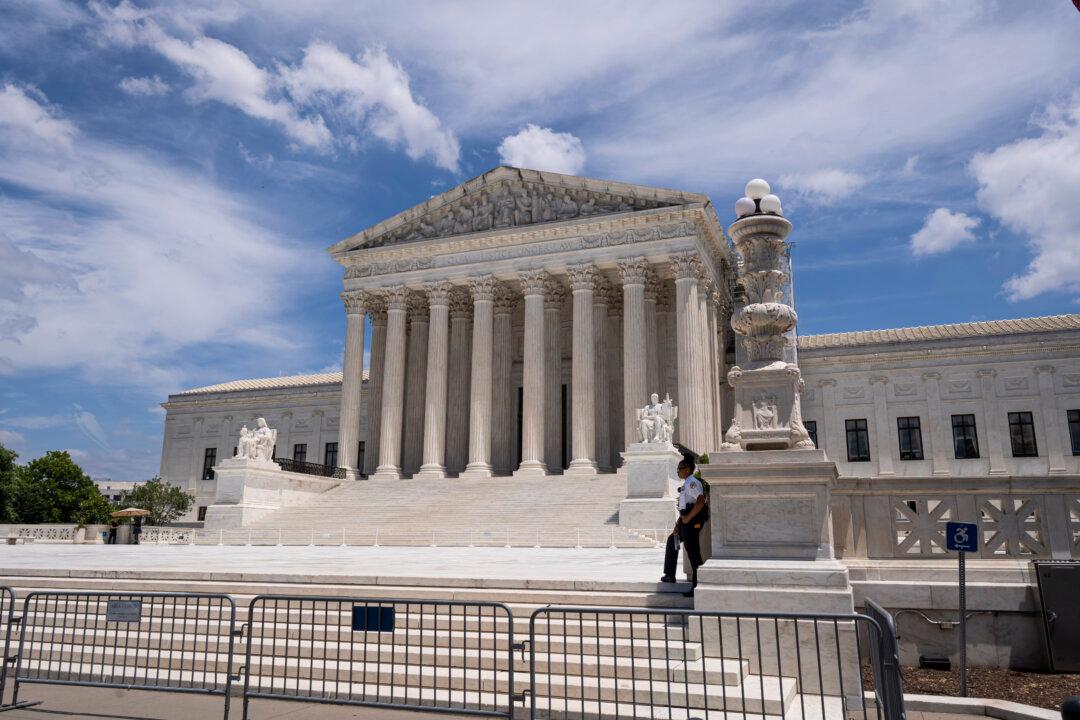The U.S. Supreme Court on June 24 ruled in favor of AstraZeneca and other pharmaceutical companies that were sued over allegedly funding terrorism.
The nation’s top court granted the companies’ bid to throw out a lower court ruling that found plaintiffs who sued the companies supported “an inference that defendants aided and abetted acts of international terrorism.”





